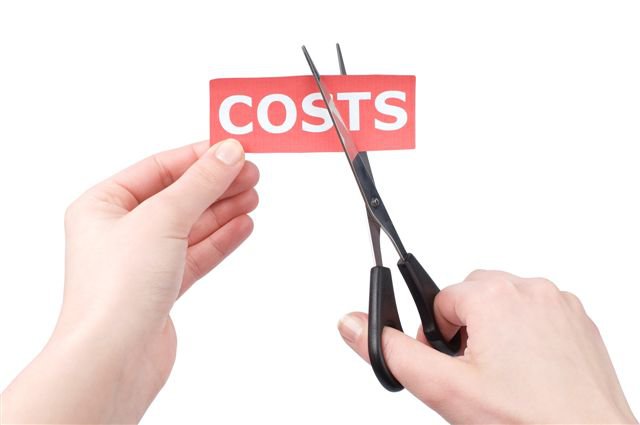3 Criteria For Wisely Buying Holiday Gifts
December 24, 2013
A third of major retailers’ revenue comes from the last 2 months of the year. So obviously the Holiday season gets people to spend way more than usual.
Let’s face it, there’s lots of pressure to buy gifts for lots of people. It seems once the buying starts, there’s more and more people you think of that you should buy a gift for. So we have 3 questions you should ask yourself before buying a gift for someone.
- Why am I buying this? Are you buying someone a gift because you feel obligated to do so? Are they buying you something so you feel you have to buy them something? If you find yourself in this situation, go for thoughtful yet inexpensive. Most of the time people opt for expensive to overcompensate for not being very thoughtful. If you pay attention and listen to the person, you can probably come up with something that will mean a lot to them and not do too much damage to your budget.
- Will I regret this? When we have people in our lives that we truly love and want to make happy, it’s easy to overdo it. But if you’ve only set aside $500 for gifts and you buy your spouse a $600 iPad, you may make them smile and happy in the moment but when they realize that in January you don’t have enough money for the things that are actually inline with your financial goals, he or she may not be that happy.
- Is the gift something they want? Sure the basket of nice smelling soaps is “nice,” but more than likely it will go in that drawer in the cabinet. Not the nice drawer either, the one that’s in the plastic storage bin inside of the cabinet under the sink. And more than likely you’ll see all that soap there in the same place when next year’s Holiday comes along. And here, you blew it on two accounts: one, you wasted money and two, you failed to buy something that your spouse would actually use and enjoy. This is usually a case of buying something to buy something.
Rethink gift giving. Save money and be more thoughtful. It’s a win for everyone.
Image courtesy of asenat29 on flickr; reproduced under Creative Commons 2.0









